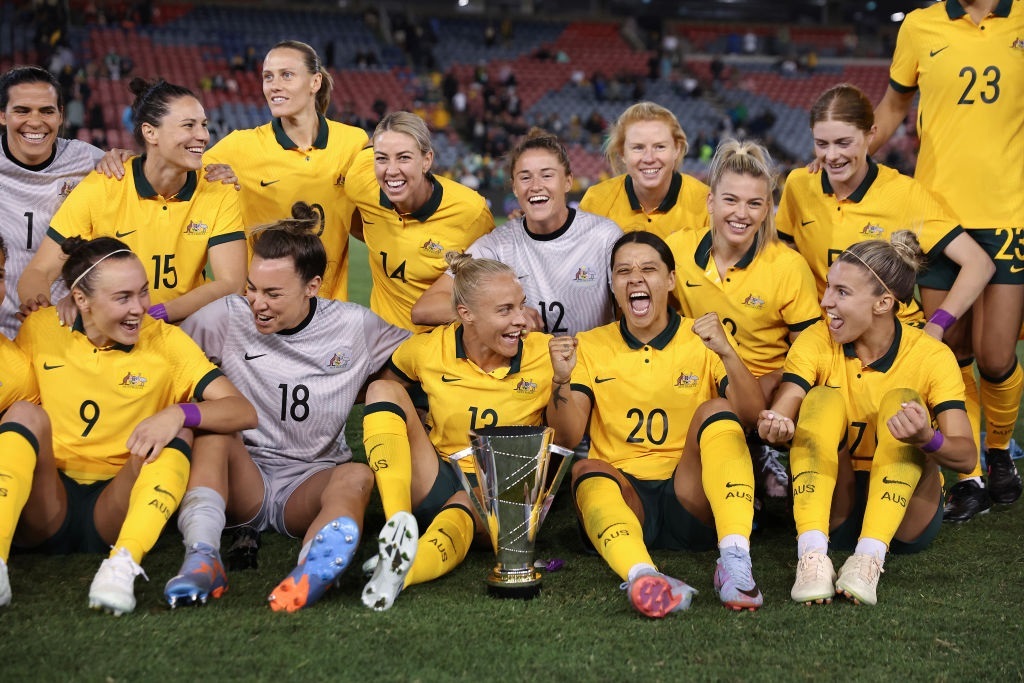- Winter 2023
- The great moral challenge of our generation

The dystopian future view from my chambers window depicted on the front cover is unlikely, but the threat it evokes is all too real.
As I write this, the UN secretary general António Guterres has declared that ‘climate change is out of control’, as an unofficial analysis of data showed that average world temperatures in the previous seven days were the hottest week on record. The secretary general said:
‘If we persist in delaying key measures that are needed, I think we are moving into a catastrophic situation, as the last two records in temperature demonstrates.’
On 31 March 2007, Kevin Rudd addressed the National Climate Summit1 at Parliament House, in Canberra, famously declaring climate change to be ‘the great moral challenge of our generation’.
As March Hudson wrote a decade later in The Conversation, while hopes for bold and timely action in Australia may have bleached like the Great Barrier Reef, the question that Rudd raised - one of climate change ethics, of how we navigate ‘the perfect moral storm’ – remains alive.
This special Climate Change edition of Bar News has been produced in collaboration with the Climate Change Committee of the Bar Association. Chaired by Ruth Higgins SC and Richard Lancaster SC, the Committee has collated a series of excellent articles that consider climate change litigation as well as broader issues arising from the intersection between climate change and the law.
The edition contains Bret Walker SC’s insightful 2022 speech at the 2022 Mahla Pearlman Oration Why not litigate climate change responses? A series of authors reflect on recent climate change litigation, including Professor Craig Longman and Bridget Flaherty writing on Indigenous-led climate litigation in Australia, Noel Hutley SC and Jerome Entwhistle, on Pre-trial forensic issues in climate change litigation, and the Hon Justice Brian Preston on The role of the judiciary in keeping the legislature and executive accountable.
Felicity Graham writes about how courts deal with climate change activists in Prosecuting and punishing protesters: a hard bargain, which focuses on the protest that blocked the Harbour Bridge on in April 2022. Felicity draws parallels to the non-violent protests of earlier social movements to make the case that non-violent crimes committed in the course of peaceful protest do not give rise to high levels of culpability so as to justify custodial sentences.
The front cover includes the new cycleway at the top of King Street, rendered somewhat unusable. As someone who commutes to chambers regularly, I was pleased to include Anish Bhasin’s article on Sydney’s missing cycleway network. In central London there are now more bicycles than cars on the road. And for those who prefer to drive, don’t grumble at us cyclists – take a look at the photos on page 71 and note all the additional road space we provide to you by not driving!
We are very pleased to carry an interview with ‘career judge’ and all-round star, the Hon Justice Jayne Jagot, our newest High Court Justice. Reg Graycar sat down with her Honour to learn about her career and her approach to judicial decision making. The article includes an excerpt from Jagot J’s now well-known speech to a recent National Judicial Conference which included:
If your basic job is to make decisions– day in and day out – no matter how hard you try, you are going to get some of those decisions wrong. It is best just to accept that immediately. At some time, every one of us has or will get it wrong. And I don’t mean that we will reach decisions about which reasonable minds might differ. I mean plain wrong. A judge who has never been wrong is just a judge who hasn’t made enough decisions or enough tough decisions. …all decisions, first instance or final, are human decisions, subject to the reality of human error.
I know I am not alone in thinking that Justice Jagot, who marries a brilliant legal brain with the empathy and lack of ego which that speech exemplifes, is exactly the sort of person we want on the High Court.
Speaking of great speeches by Judges, this edition carries one of the best you will ever read, by the Hon Justice O’Meara. If all you knew was that it was a speech given by a Victorian Supreme Court justice to readers in which he talks about himself, you may be somewhat hesitant to accept that proposition. Read it. You won’t be disappointed.
Another highlight of this edition is Sean O’Brien’s interview with Justice Sarah Pritchard of the Land and Environment Court about becoming a judge, her judicial role models, the differences between civil and common law systems and her pro bono human rights work for the Timor-Leste people.
We also have an interview with one of the true leaders of our bar, Tony McAvoy SC, in which he traces his path to the law and the struggles he initially faced at university. Watching John Basten QC (as his Honour was) turning judges by excellent oral advocacy led Tony to the bar. He discusses the Voice and its importance in the recognition of first peoples, consistent with the United Nations Declaration on the Rights of Indigenous Peoples.
We have a number of summaries of the swearings-in of recent appointments. Swearings-in are one of the most delightful ceremonies that exist, and for those who could not make it to the event we hope these articles capture some of the spirit and warmth of the occasions.
Justice John Griffiths writes a wonderful piece marking the retirement of Chief Justice James Allsop AC, in which his admiration of his friend and colleague shines through. It contains a number of facts hitherto known only to his colleagues on the bench, including an event that celebrated the significant cultural and structural change Allsop CJ brought about within the Federal Court with the introduction of the National Court Framework:
The triumph of the reforms was demonstrated when a chorus of judges from various registries sang as a team at Allsop CJ’s farewell dinner, including the line ‘glory, glory to James Allsop, your reasons will live on’.
A sporting mainstay of our Association is NSW Bar FC. Surely there is nothing that says NSW Bar more than a bunch of old blokes who see football stars looking back at them from the mirror, strapping on boots for the glory of the profession (although in fairness the team has its share of younger and female players too). The story includes a photo of a proud President handing the Tri-Wizard Cup to NSW Bar FC manager, David Stanton, after they defeated teams from Victoria and Queensland.
The number one pleasure of chairing the Bar News committee is working with so many talented people in the form of my fellow committee members. To a woman and man they conceive and write wonderful and interesting stories edition after edition. And yet this time they let me down. I made a simple request. Work into an article, any article, a reference to Sam Kerr and the Matildas to justify carrying a photo of Kerr. Did they? They did not. Well, what do you know – I just did. Go the Matildas! (written as the Women’s World Cup’s group stage was ending.)
Before I finish, do read our final three columns Bullfry, Advocatus and The Furies. The first commences, ‘Bullfry, negroni in hand…’ which is everything you need, to know it is going to be a corker.
Advocatus, our regular column written by a (different) anonymous barrister each edition classifies with grudging affection the three least desirous types of solicitors that brief (and feed) the bar: the Expensive Post Box, the Loose Cannon and the Nervous Nellie.
While The Furies turn their incisive minds first to the question of whether the Bar Council is too woke, and then to the seductive arts of soliciting solicitors, in the latter case writing my favourite sentence of this edition:
‘If you like pina coladas, and getting caught in the rain, then brief another barrister who does not mind having wet inebriated solicitors turn up to their chambers unannounced.’BN

ENDNOTES
1 https://www.theage.com.au/national/rudd-unveils-climate-change-blueprint-20070331-ge4kcv.html
